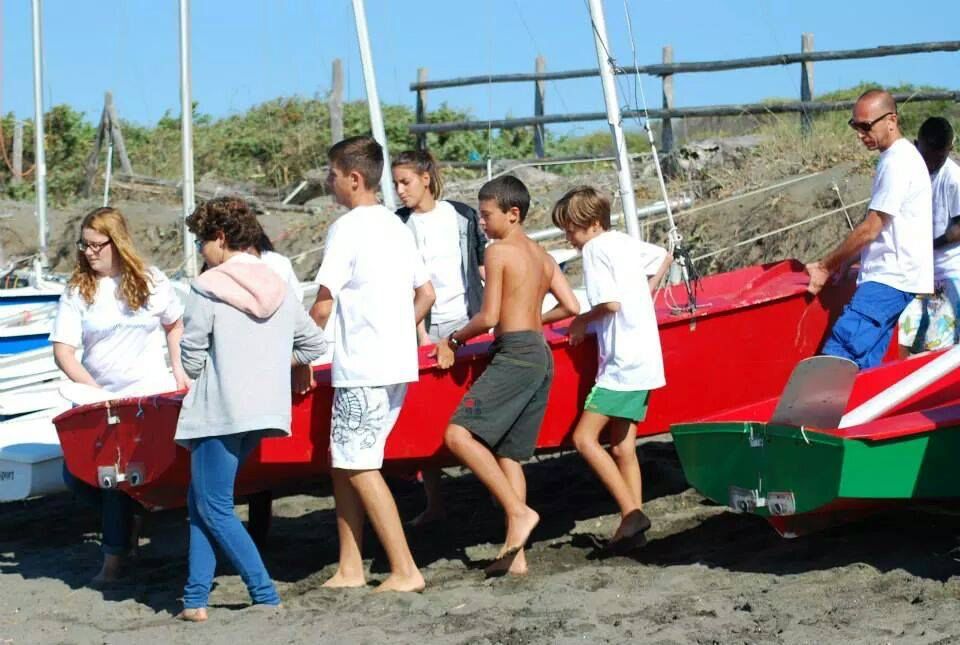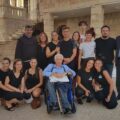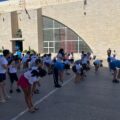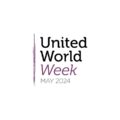
Workshop
A man, the sea and so much beauty. Interview with Mauro Pandimiglio
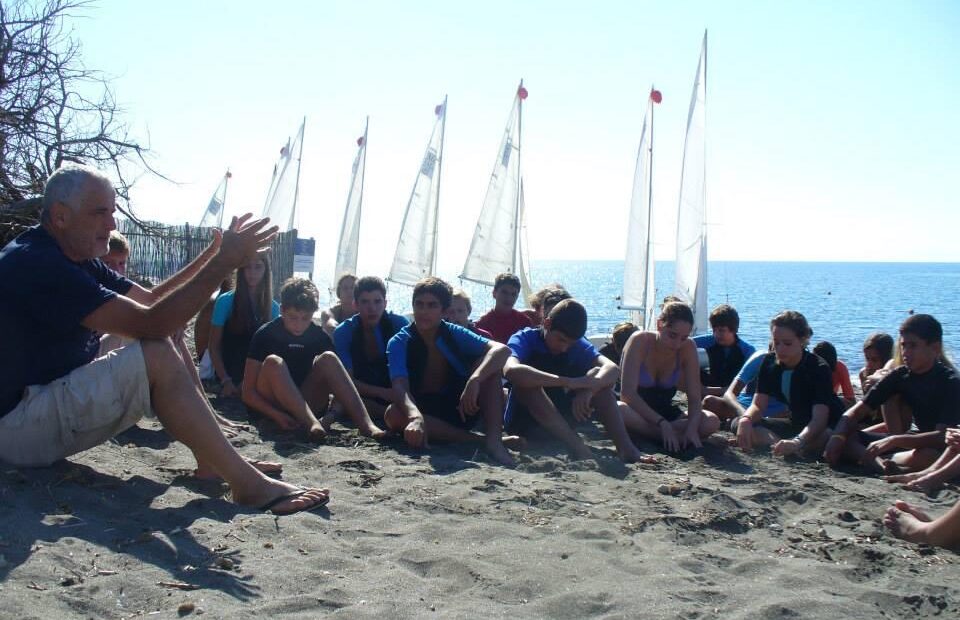
Mauro Pandimiglio has crossed the oceans several times in a sailboat. He knows the sea well, and even more, he loves it. He is the founder of the “Mal di Mare (Seasick)” sailing school, between Montalto of Castro and Pescia Romana, on the border between Lazio and Tuscany: an experience that, in only two years, celebrates 40 years; an adventure in deep relation to nature, as well as with solidarity, humanity, concern for diversity, and with the youth. We met him to listen to his inspiring story, full of strength and hope, and his long journey (not only) by sea…
A journey quite complex as well as with many transformations. Started as a sailing school like many others, but which (also) ran into the disability that changed our lives.
In what way?
We abandoned the old protocol with his expectations: to create a new one. We were perhaps the first ones in Italy to open a sailing school for disabled people. To autism and not only. We were also open to social unease since we worked with juvenile criminals.
Which years are we talking about?
The school opened in 1986, but these changes occurred around the year 1997.
Other moments of change?
When we realized that ours was a land school, not a marine school.
In what sense?
People would send their own children so that they could become experts in the context, so that they could better control their lives and become cleverer.
And something did not make sense?
We asked ourselves if things had to go this way. We tried to understand if there was not a different point of view of the sea than that of the land.
A complex question…
That has accompanied us until today and still does. Four fifths of our planet is made of water. We breathe oceanic dust. There’s a little sea in our mother’s stomach, and millions of years ago, we were fish. Some parts of our bodies are the same as those of fish.
Do you see this perspective of the sea in a metaphorical way too?
Metaphorical or real, it is tied to our marine nature, which we must respect even more. We must never forget about the sea and respect the origin of the earth.
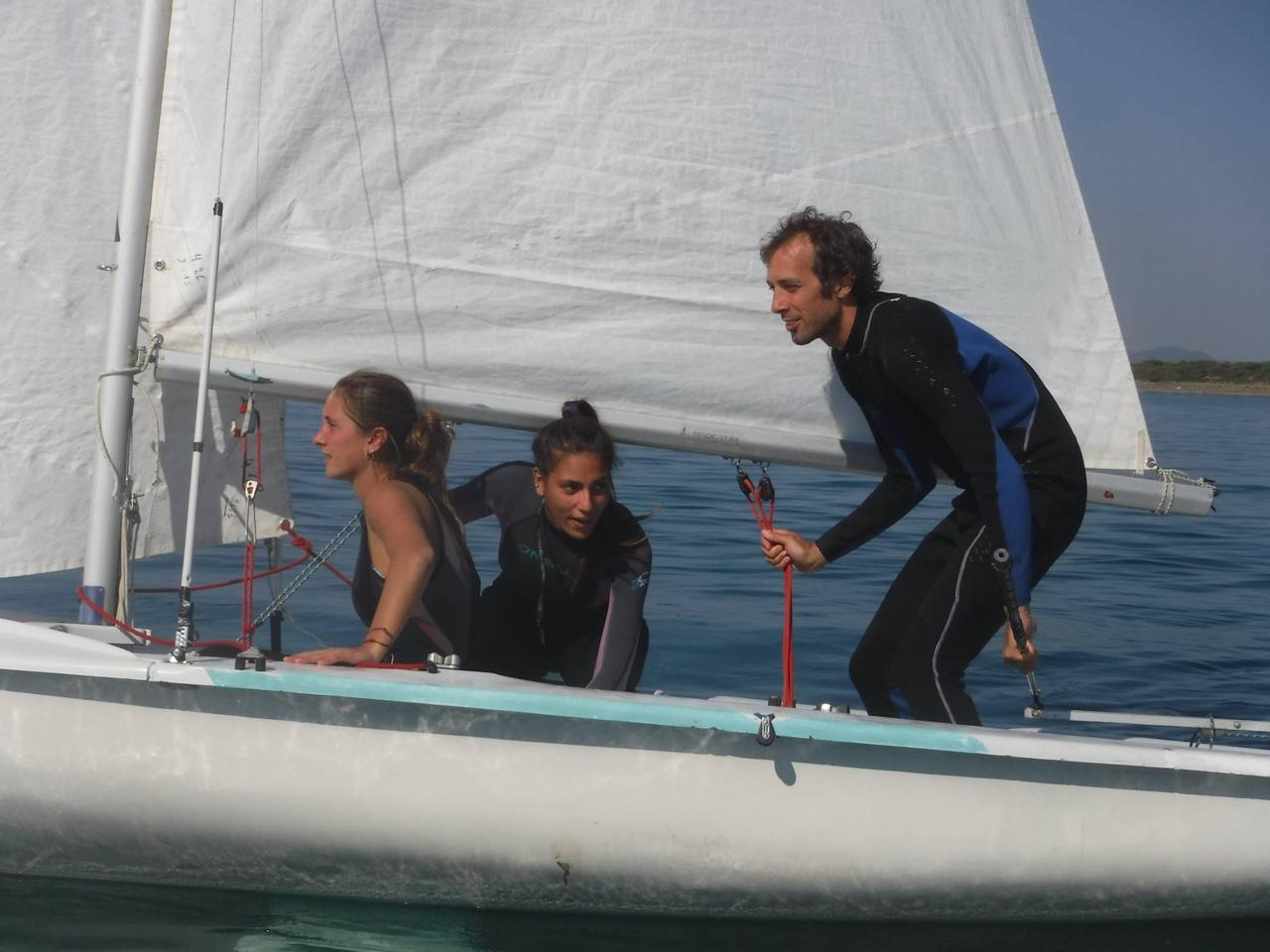
And in a metaphorical way?
It is relative to listening. Man creates any kind of conflictual dualism on Earth. Not being able to create anything on the sea, it returns to being a “unicum” with nature. On the sea, it returns to becoming nature. We are logocratic on earth: If we do not have anything to say, we are nothing. Listening is enough on the sea. The sea doesn’t talk to the mind but to the stomach.
Can we say that the sea is symbolically a space of encounter, of movement, and of change?
Yes, it is precisely this.
How are those thoughts tied to the work of the youth?
The children have all this in their genetics. We have smaller children who are 5, 6, or 10 years old. A child goes straight to the sea.
In your school, there’s an important sentence: “To live the sea.”
Now, living the sea is impossible if not for a boat, and it is through this that the educational and therapeutic powers are discovered. It is being a wholesome teacher. For all.
Well including the people with disabilities…
Who have dreams and feelings, and on the sea, they learn things difficult to learn on land.
Your thoughts shed light on the “Laudato Sì” and the boat of which you speak about to “live the sea” make me think of the “Fratelli Tutti”, for the fact that we are all on the boat in this world.
In the year 2000, we inaugurated an event precisely called “We are all on the same boat,” which was the first international ‘regatta’ for youth with disabilities. The “Laudato Sì” is important for us, as is the book of John Rawl: A Theory of Justice. Because justice is indispensable for the achievement of peace. Looking at the world today, it is hard to say that we are all in the same boat, as there are comfortable ones and precarious ones, some amid the bombs.
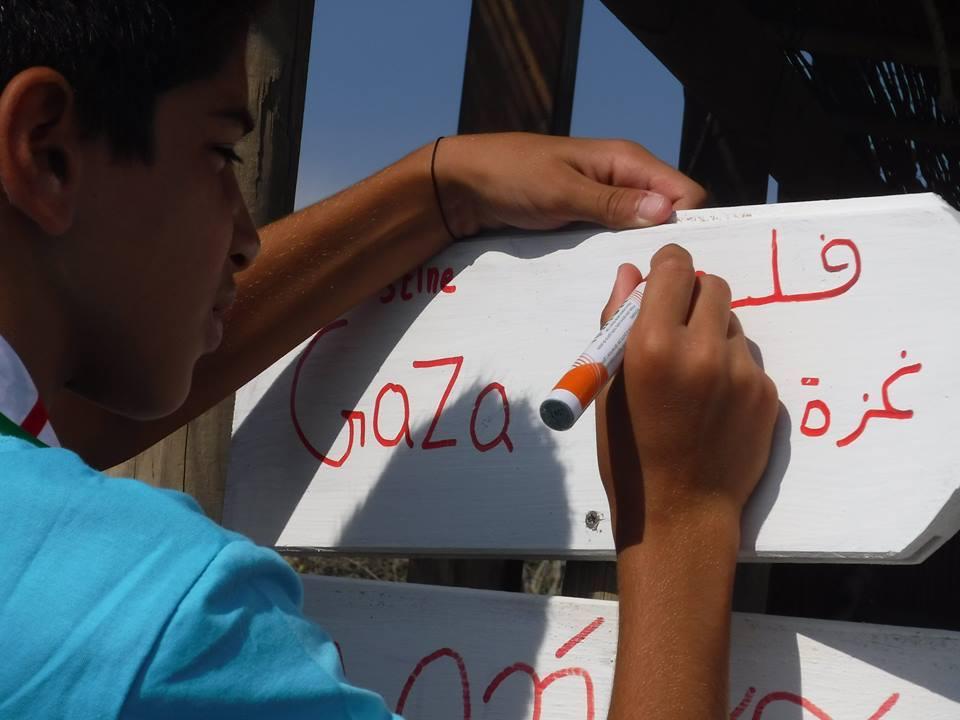
There’s another expression that touched me while searching for information on your work: it is “relation boat”.
This is part of the educational journey that we take forward to elaborate on the different traumas experienced during the growth of our children, as well as those educational journeys caused by violence diffused in our society. Many youth people feel the need for this. The relational boat is the one on which we send our children alone as soon as they come to us. Naturally, we are very close to them with the flouters and for them to use the relational boat alone fulfills its true sense, therapeutic for the soul.
How important is it to invest in the return of nature?
It is extremely important. If we want to continue to believe in ourselves, we must invest in nature and the sea, which are the most intimate parts of nature. For this reason, we have taken the schools of Montalto and Pescia Romana to the sea for an experience outside the classroom. From there, they became other schools.
We cannot talk about integral ecology, according to the concept expressed by Pope Francis: the connection between environment and humanity, and thus, if this relation is fertile, everyone benefits; otherwise, it’s the opposite. An environmental crisis always corresponds to a social and human one. In what way does your work with nature, particularly the sea, fall within the concept of integral ecology?
This is very important for us, as we have always thought of the existence of a social reason for all the catastrophes, wars, and negative environmental situations. I return to the thoughts of Rawls and his difference between the contractualist and the utilitarian vision. The second will never allow you to resolve the problems that are present in the environment. In the environmental revolution, it is thus important that this be useful to the last. If they aren’t the first on the agenda but only the flower or fish, this cannot work.
Do you also teach this in schools?
That the environment is for all the living things in the world, and to put first who is last and alone.
What are the indispensable key words in the journey you take forward?
They are the violence we try to battle, the educational one that make us suffer, that also enters the schools, and listening, in our dictature of saying, that must bring a radical change.
What are the most beautiful things you take in your heart looking back at these 38 years?
I would once again do all that I’ve done, including commas. The sea saved my life. With it, I’ve lived some of the most beautiful things of my story.
How do I cross the sea?
To immerse ourselves in the nature of the sea means really touching liberty and happiness.
And for this reason, you tried to return to people?
In some way, I managed to return my debt.
Is it harder to sail across the ocean or to sustain the political and cultural difficulties that a project as beautiful as yours must face in a society organized often differently than you think?
Fighting on land. Because that is what it is all about. Fighting for an ideal. Fighting as we are doing to keep open an important school, a social capital, is so difficult. Much better are the storms of navigation than what must be done on land. There is no doubt about it.
